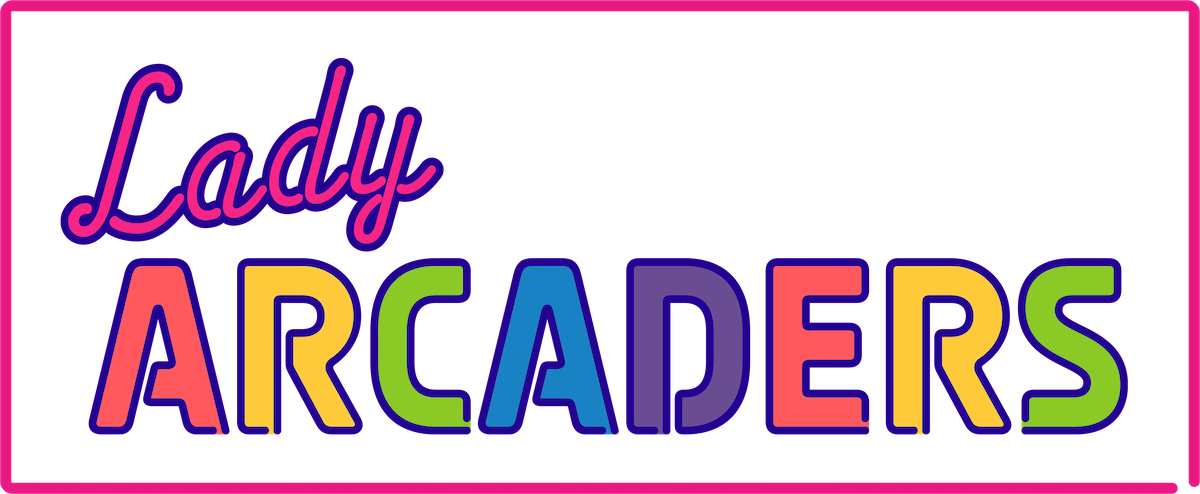A Brief History of Game Jams
Written by MasterMeowzer
Published on September 14th, 2024

Game Jams are a wonderful way to learn new skills, connect to your community, meet new people, and get your creativity flowing to develop new games! They encourage experimentation, quirky methods of meeting prompts, themes, or suggestions, and having fun while steeped in a supportive, educational environment. All skill levels are welcome to join in, even if your main focus is simply to learn how and where to start the game development process. Many of the games created during Game Jams go on to further ideation and development outside of the constraints of the events, but ultimately, the goal of all Game Jams, whether focused on a special cause, specific technology or theme, or just free from constraints, is to create a playable game within its short time constraints. The community bonding and educational value of game jams explain how the events that started unofficially have quickly become a beloved part of game development worldwide.
The first known game jam, called the 0th Indie Game Jam, was organized in March 2002 in Oakland, California by Chris Hecker and Sean Barret to bring together a group of well-known game designers and programmers to ideate and create various games for a specialized engine. They were interested in testing the sprite-rendering capacity of their new engine and wanted to push the boundaries of innovation and experimentation in the video game industry. The event was considered a success and inspired subsequent game jams like Ludum Dare—the first virtual game jam. Both game jams have continued to hold annual competitions, evolving to have options for multiple projects, working alone, and working as a team. The Indie Game Jam is generally technology-focused, like their first event, and Ludum Dare is theme-based, selecting their themes through community engagement and voting.
In 2006, the Nordic Game Jam emerged as a joint project between the International Game Developers Association’s Denmark chapter, the IT University of Copenhagen, and local game companies. It became the world’s largest single-site game jam. Unlike some of the previous game jams, the Nordic Game Jam encouraged developers of any skill level to attend, learn, and share their creativity. It was a team-based event and focused on collaboration and team building as one of their goals. In the spirit of that emphasis, today’s Nordic Game Jams sometimes delay the release of their themes and restrictions after the teams are formed to encourage team outlining and planning.
One of the most popular game jams today was not debuted until 2009, when the Global Game Jam, run by Susan Gold, Ian Schreiber, Gorm Lai, and Foaad Khosmood, became the holder of the Guinness World Record for the largest game jam in the world. It pulled many characteristics from its predecessors, including a 48-hour time frame, structuring work around themes, and allowing teams to form or developers to work solo. Starting in 2009 with over 1,600 participants in 53 sites across 23 different countries, 370 games were developed. Over the years, their popularity has grown substantially, and this year’s Global Game Jam boasted the first-ever event that crossed all seven continents with 796 sites, 102 countries, and over 34,000 participants. Nearly 10,000 games were produced.
The strong history of success with game jams has created a wonderful educational environment that fosters creativity, collaboration, and community. Aspiring game developers or anyone interested in learning how to start game development should look into watching or participating for the unique immersive experience of fast prototyping and iterative design culture. Producing a playable game in a short time reinforces the lessons about what to keep, what to cut, and which features are fundamentally important to game design. Perfection is not necessary, and remember! You can always pick it back up afterward for further work!
If you are interested in game jams, Lady Arcaders is hosting the first LAG jam November 14th at 10 am EST through November 17th at 9 pm EST. Applications are closed, but all are invited and encouraged to join us on our Twitch Channel for updates on everyone’s projects and the final showcase at 9 pm EST on the 17th! Prior to the event itself, we will be hosting a series of workshops, open to everyone, to provide the skills necessary for the LAG jam. Drop by to learn a new skill and join in the community!
